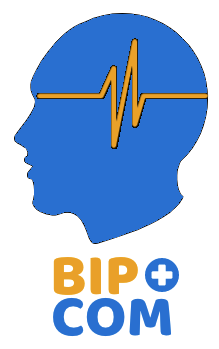

Bipolar disorder, as defined by the DSM-5 TR, is a mental health condition characterized by episodes of both mania and depression. These episodes can range in severity, duration, and frequency, and can significantly impact a person’s daily life and functioning. There are two main types of bipolar disorder:
Bipolar disorder is often associated with several medical comorbidities or co-occurring medical conditions. These comorbidities can have a significant impact on the overall health and well-being of individuals with bipolar disorder, and can sometimes complicate the management of the disorder.
Some of the most common medical comorbidities associated with bipolar disorder include:
